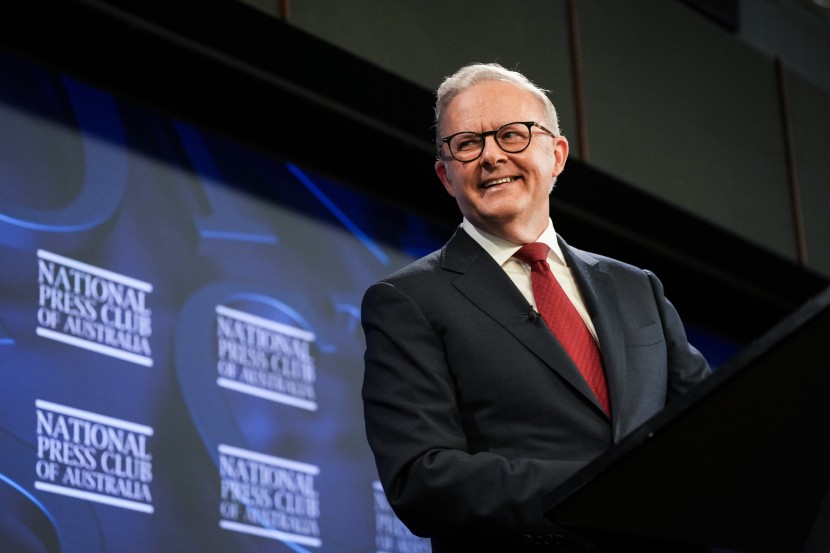
Australia's Prime Minister Anthony Albanese has secured a second term in a dramatic election that delivered a crushing blow to the Liberal Party, with early results pointing to a landslide shift in voter sentiment.
The outcome signals a preference for stability over disruption, as global tensions rise in the wake of Donald Trump's return to the U.S. presidency.
According to projections by national broadcaster ABC and CNN affiliate Sky News, Albanese's center-left Labor Party is on track to secure a parliamentary majority. Though votes are still being counted, early returns indicate a significant swing toward Labor across key electorates.
Liberal Party leader Peter Dutton suffered a stunning personal defeat, losing his Brisbane seat of Dickson—a district he has represented for over two decades. His ousting capped a devastating night for the former senior minister in the last Coalition government and dashed his hopes of becoming Australia's next prime minister.
In a concession speech, Dutton accepted full responsibility for the party's loss. "He said he had phoned Albanese to congratulate him, and had also spoken with Ali France, the Labor candidate who succeeds him in the electorate of Dickson."
The election result marks a historic milestone for Albanese, who becomes the first Australian Prime Minister to win re-election since John Howard's victory in 2004.
Addressing supporters shortly before 10 p.m. local time, Albanese expressed gratitude to voters for returning a majority Labor government.
"In this time of global uncertainty, Australians have chosen optimism and determination," he said, receiving a warm ovation from a jubilant crowd.
Australia's renewed tilt toward a left-leaning government reflects broader international shifts, mirroring recent developments in Canada where Mark Carney's Liberal Party won power. While Australia hasn't faced the same direct threats to sovereignty as Canada, recent polls suggest Trump's erratic foreign policies and tariff impositions have eroded trust in the U.S. among Australian voters.
Despite entering the five-week campaign in a strong position, Dutton's campaign faltered amid policy reversals and mounting criticism of his proximity—both rhetorical and ideological—to Trump. Analysts point to Labor's steady leadership and diplomatic response to Trump's imposition of a 10% tariff on Australian goods—later paused—as a key moment that helped sway voters.
Following Trump's April 2 "Liberation Day" speech, Albanese convened a press conference alongside his foreign and trade ministers, declaring: "This is not the act of a friend."
Dutton, meanwhile, was unable to distance himself from the former U.S. president in the eyes of many voters. One flashpoint came when Jacinta Nampijinpa Price, the senator Dutton chose as shadow minister for government efficiency, declared during the campaign that she wanted to "make Australia great again"—a phrase strongly associated with Trump. Price later claimed she hadn't realized what she'd said. Asked whether the Trump comparisons had harmed Dutton's campaign, Price remarked, "If you sling enough mud, it will stick."
With Labor poised to form government with a clear mandate, the result reinforces Albanese's image as a steady hand amid global unpredictability and sets the stage for further consolidation of his leadership at home and abroad.
© 2026 HNGN, All rights reserved. Do not reproduce without permission.








